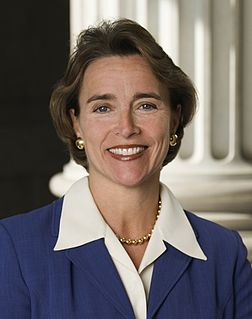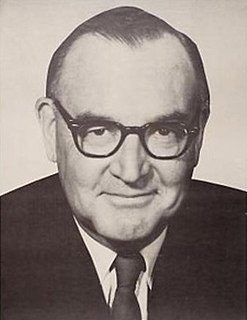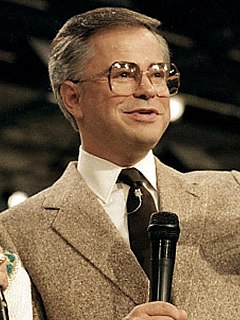A Quote by David Gauke
I believe prisons have emerged as a new frontline in the fight against crime. The fact is, new technology and sophisticated approaches mean that prison walls alone are no longer effective in stopping crime – inside or outside of prison.
Related Quotes
Between 1995 and 2005, the prison population grew by 30 percent, meaning an additional half million criminals were behind bars, rather than lurking in dark alleys with switchblades. You can well imagine liberals' surprise when the crime rate went down as more criminals were put in prison. The New York Times was reduced to running querulous articles with headlines like Number in Prison Grows Despite Crime Reduction and As Crime Rate Drops, the Prison Rate Rises and the Debate Rages.
Most new prison construction has occurred in predominately white, rural communities, and thus a new and bizarre form of segregation has emerged in recent years. Ghetto youth are transferred from their decrepit, underfunded, racially segregated schools to brand-new high-tech prisons located in white rural counties.
The prison-industrial complex employs millions of people directly and indirectly. Judges, prosecutors, defense attorneys, prison guards, construction companies that build prisons, police, probation officers, court clerks, the list goes on and on. Many predominately white rural communities have come to believe that their local economies depend on prisons for jobs.
I find it weird that people who claim to speak for the prisoners basically want to keep them in cages all the time - and then they'll fight for better prison libraries or whatever. It's like they're missing the big picture. If I were in prison, of course I would prefer to be outside doing physical labour. It's not physical labour but prison life that kills a person. It's so bad inside that the outside jobs are often sought after. So, yeah, call them work crews and let them do it. At the same time the retributive side can feel the cons are being punished.
The best crime stories are always about the crime and its consequences - you know, 'Crime And Punishment' is the classic. Where you have the crime, and its consequences are the story, but considering the crime and the consequences makes you think about the society in which the crime takes place, if you see what I mean.
In his recent book, When Brute Force Fails, UCLA's Kleiman argues that new strategies for targeting repeat offenders--including reforms to make probation an effective sanction rather than a feckless joke--could cut crime and reduce prison populations simultaneously. Safer communities, in turn, might produce more hopeful and well-disciplined kids.































